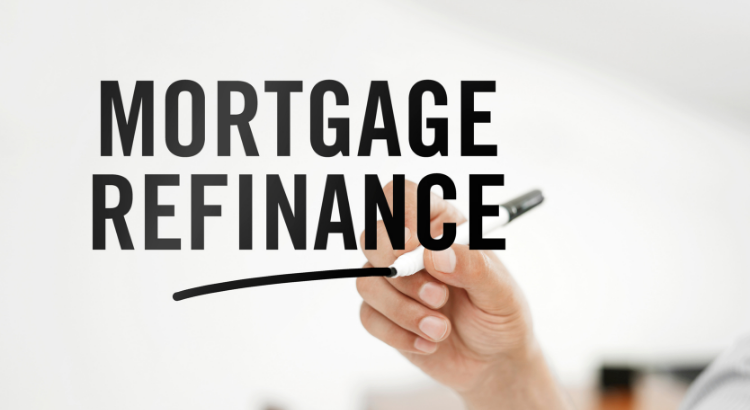Should You Consider Refinancing? Key Points to Think About
September 24, 2025

From eliminating private mortgage insurance (PMI) and lowering your interest rate to pulling cash out for renovations, millions of homeowners could find that refinancing makes financial sense.
If you’ve ever asked yourself whether a refinance is worth it, here’s a breakdown of the basics to help you decide if it could be the right move for you.
What Does It Mean to Refinance?
Refinancing is when you replace your current mortgage with a new loan.
The two most common types are:
- Rate-and-term refinance: Replace your existing loan with a new one to lock in a lower rate, shorten your loan term, or both.
- Cash-out refinance: Borrow more than what you owe on your home. After covering the existing mortgage and fees, you receive the difference in cash. Homeowners often use this option for home improvements, debt payoff, or building savings.

Pros and Cons of Refinancing
Refinancing can be a powerful tool, but it isn’t a one-size-fits-all solution. Consider both the advantages and drawbacks before moving forward.
Advantages:
- Lower monthly payments: A reduced rate could shrink your payment and free up cash.
- Faster payoff: Moving from a 30-year loan to a 15-year loan saves on interest and builds equity quicker.
- Drop PMI: If your home’s value has risen, refinancing may allow you to remove private mortgage insurance.
- Access cash: A cash-out refinance gives you funds for projects, debt consolidation, or investments.
- Stability: Switching from an adjustable-rate mortgage to a fixed-rate loan offers predictable payments.
Potential drawbacks:
- Upfront costs: Closing costs often run into thousands of dollars.
- Prepayment penalties: Some lenders charge fees for paying off your old loan early.
- Longer payoff timeline: Returning to a 30-year loan could mean paying more interest over time, even if the monthly payment is lower.
Refinancing Costs
The fees for refinancing often look similar to what you paid when you first bought your home, such as:
- Appraisal
- Origination
- Title
- Recording fees
On average, expect costs of around $5,000, though this varies.
Some lenders offer “no-closing-cost” refinances, which roll expenses into your balance. This may help upfront, but you will pay interest on those costs over the life of the loan.

How to Refinance Your Home
Thinking refinancing might be right for you? Here are the typical steps:
- Define your goal: Lower payments, pay off your loan faster, or tap into equity.
- Work with a mortgage professional: Having someone who understands the guidelines and numbers ensures you get clear answers and the best path forward.
- Prepare documents: Gather pay stubs, tax returns, bank statements, and mortgage details.
- Plan for fees: Decide if you’ll pay upfront or roll them into your loan.
Is Refinancing Right for You?
Refinancing can be a smart way to save money, access cash, or bring more stability to your mortgage, but it isn’t always the right choice for everyone. It’s important to review your goals, weigh the pros and cons, and understand how refinancing could impact your long-term plans. Keep in mind that while lowering your monthly payment is possible, it may also extend your payoff timeline or increase total interest paid.
That’s where guidance makes all the difference. A mortgage professional can walk you through the numbers, answer your questions, and help you decide if refinancing is the right move for you.
✨ Ready to explore your options? Our team is here to make the process simple and tailored to your goals.
 Ready to Move Forward?
Ready to Move Forward? Choose Your Loan Officer →



